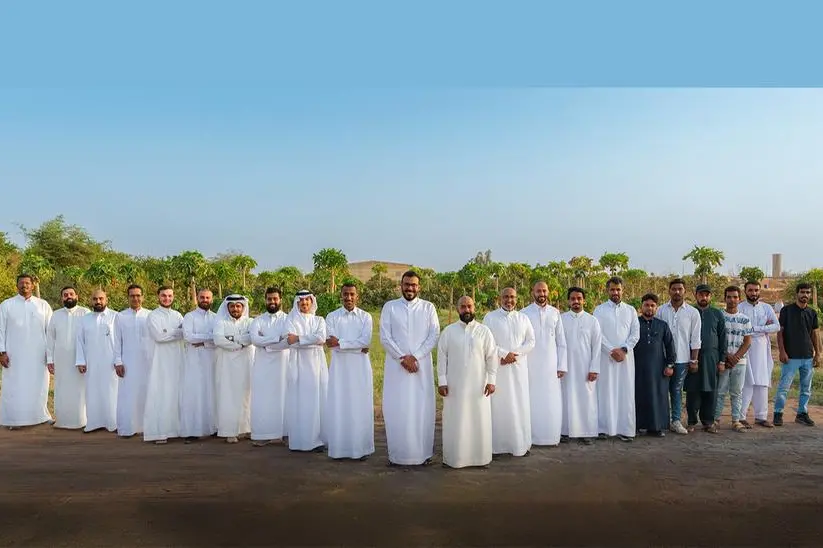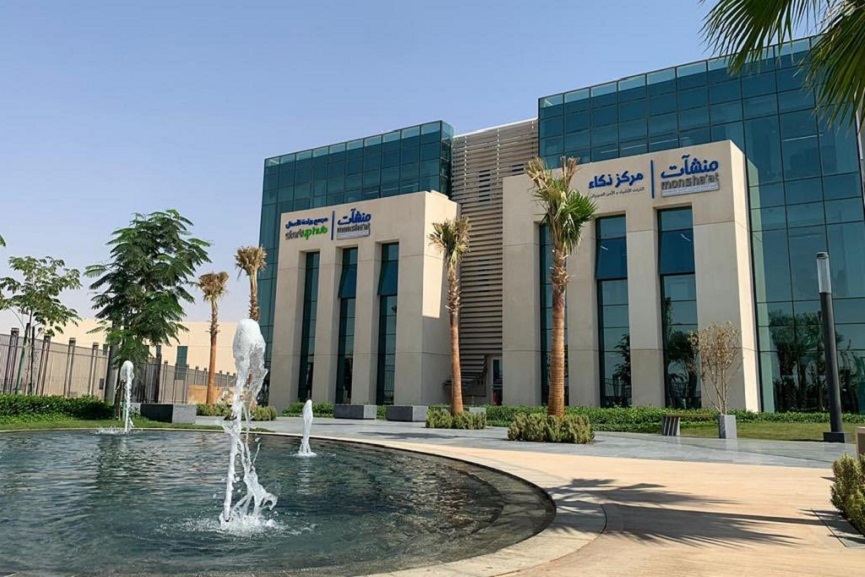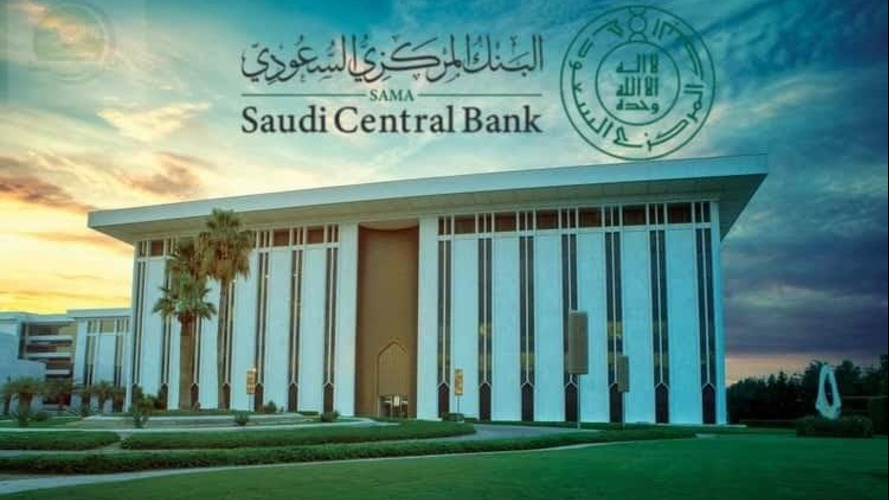Saudi Arabia is doubling down on its startup ambitions. The Ministry of Investment has unveiled Startup Saudi, a flagship national platform designed to supercharge the Kingdom’s innovation ecosystem and attract entrepreneurial talent and capital from around the world. By unifying the efforts of government, academia, investors, and the private sector, the program aims to provide founders with a single hub to launch and scale high-growth ventures.
Momentum is already strong. In the first half of 2025, venture capital funding in Saudi Arabia surged 116% year-on-year, with deal volumes climbing 31%—cementing the Kingdom’s position as the leading VC market in MENA (MAGNiTT). This rapid acceleration provides fertile ground for Startup Saudi to build on.
Foreign participation is also gaining steam. By mid-2025, the Ministry of Investment had granted the “Riyadi license” to 550 new foreign ventures, marking a 118% year-over-year increase. At the same time, Saudi Arabia’s SME authority, Monsha’at, issued 364 licenses for incubators and accelerators, further strengthening the country’s startup infrastructure . These numbers highlight the scale of opportunity the new initiative is stepping into.
At its core, Startup Saudi is about enabling tech-enabled, innovative startups with clear growth potential. Founders who align with Vision 2030 priorities—whether in fintech, AI, biotech, or clean energy—are encouraged to apply. For ecosystem players like accelerators and venture capital firms, the bar is set at proven track records and the ability to scale impact . The program is also designed to weave together universities, R&D centers, and private-sector partners into a more connected ecosystem.
Although the official announcement did not list specific partners, major Saudi VCs such as STV, Wa’ed, Impact46, and Raed Ventures—all of whom have been highly active in the market—are expected to play significant roles. More broadly, the initiative will benefit from Invest Saudi’s mandate to coordinate investment opportunities across ministries and streamline procedures.
The stakes are high. To succeed, Startup Saudi must scale onboarding quickly, avoid bureaucracy, and deliver transparent KPIs such as jobs created, survival rates, capital raised, and exit outcomes. Crucially, it must also reach beyond Riyadh and Jeddah to tap emerging innovation hubs across the Kingdom.
For now, Saudi Arabia enters this next chapter with strong momentum: venture inflows are climbing, foreign startups are setting up shop, and ecosystem players are expanding their footprint. If Startup Saudi delivers on its promise, it could cement the Kingdom not only as a regional powerhouse but as a global magnet for innovation and entrepreneurship.






